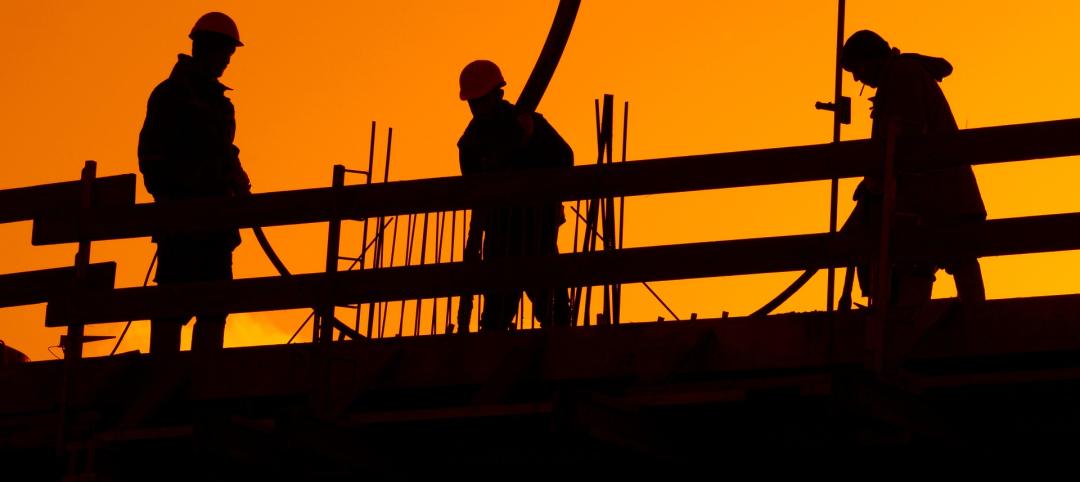It’s been seven years since Hurricane Sandy caused extensive flooding in the New York metro region, and progress on resiliency since then has been slow.
One city planning study called “Resilient Neighborhoods” has focused on communities facing unique risks for coastal flooding. This program produced recommendations to harden these neighborhoods in the Bronx in the spring of 2017. It could be the basis of a more extensive initiative to boost resiliency in New York.
But the city has much more to do to defend itself from another storm of Sandy’s magnitude, with individual property owners facing difficult challenges and concepts for regional coastal defense needing more time to plan and implement due to their considerable complexity. Some code changes, such as one that permits a slight increase in building height to create storage lofts to replace basement space vulnerable to flooding, have been enacted. It will take time for owners to take advantage of this option, though.
Residents of a large co-op development, Edgewater Park, have been slow to make renovations after co-op bylaws and city zoning rules were amended to allow structures to be elevated.
Related Stories
Codes and Standards | Jun 27, 2024
Berkeley, Calif., voters will decide whether to tax large buildings with gas hookups
After a court struck down a first-in-the-nation ban on gas hookups in new buildings last year, voters in Berkeley, Calif., will have their say in November on a measure to tax large buildings that use natural gas.
Sustainability | Jun 24, 2024
CBRE to use Climate X platform to help clients calculate climate-related risks
CBRE will use risk analysis platform Climate X to provide climate risk data to commercial renters and property owners. The agreement will help clients calculate climate-related risks and return on investments for retrofits or acquisitions that can boost resiliency.
MFPRO+ News | Jun 24, 2024
‘Yes in God’s Backyard’ movement could create more affordable housing
The so-called “Yes in God’s Backyard” (YIGBY) movement, where houses of worship convert their properties to housing, could help alleviate the serious housing crisis affecting many communities around the country.
Codes | Jun 17, 2024
To avoid lawsuits, contractors and designers need to do more than comply with codes
Climate change is making design and construction more challenging and increasing the potential for lawsuits against building teams, according to insurance experts. Building to code is not enough to reduce liability because codes have not kept up with the rapid climate changes that are making extreme weather more common.
Concrete Technology | Jun 17, 2024
MIT researchers are working on a way to use concrete as an electric battery
Researchers at MIT have developed a concrete mixture that can store electrical energy. The researchers say the mixture of water, cement, and carbon black could be used for building foundations and street paving.
Codes and Standards | Jun 17, 2024
Federal government releases national definition of a zero emissions building
The U.S. Department of Energy has released a new national definition of a zero emissions building. The definition is intended to provide industry guidance to support new and existing commercial and residential buildings to move towards zero emissions across the entire building sector, DOE says.
Green | Jun 11, 2024
Tool helps construction and renovation projects with CalGreen compliance
One Click LCA recently launched a new software tool to help building teams comply with Part 11, Title 24, of the California Code of Regulations—CALGreen. The regulation is the nation’s first state-mandated green building code to include embodied carbon emission control as a mandatory component, effective from July 1, 2024.
Urban Planning | Jun 10, 2024
N.Y. governor halts Manhattan traffic congestion pricing plan
New York Gov. Kathy Hochul says she is indefinitely delaying the implementation of congestion pricing in Manhattan just weeks before the plan was to take effect. The controversial plan would have had drivers pay $15 to enter Manhattan south of 60th street.
Lighting | Jun 10, 2024
LEDs were nearly half of the installed base of lighting products in the U.S. in 2020
Federal government research shows a huge leap in the penetration of LEDs in the lighting market from 2010 to 2020. In 2010 and 2015, LED installations represented 1% and 8% of overall lighting inventory, respectively.
Contractors | Jun 7, 2024
First-in-nation law requires contractors to pay prevailing wage for subsidized housing projects in Minnesota
Minnesota recently adopted a first-in-nation law that requires contractors to pay prevailing wage for subsidized housing projects in the state. This action makes Minnesota the first state in the nation to mandate prevailing wages on projects funded by federal Low-Income Housing Tax Credits (LIHTC).

















